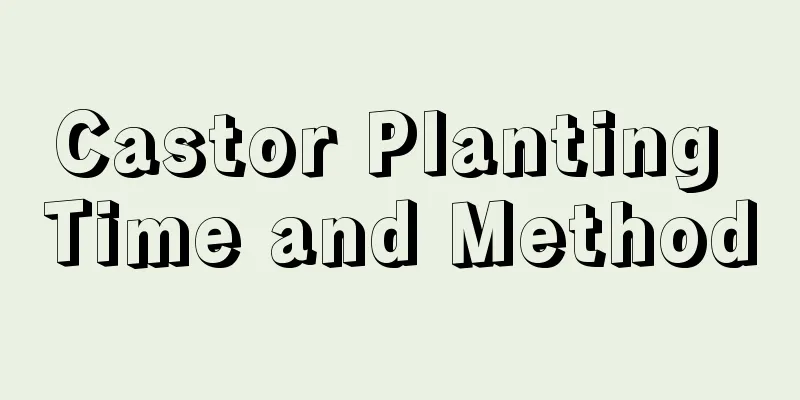How to propagate lavender? How many plants can be planted in one pot?

1. Seed propagation1. Sowing time: Lavender is generally sown in April. It is easier to germinate when the temperature is between 20-25℃. If the temperature is below 8℃, the seeds will not take root, so make sure the temperature is suitable. 2. Seed selection and germination: Seeds need to be germinated before sowing. Place the lavender seeds in a sunny place to dry, then soak them in 30℃ warm water for 1-2 hours. Take them out and place them in a wet paper towel, cover them with a layer of plastic film to maintain a certain humidity. 3. Preparation of potting soil: Lavender is suitable for growing in loose and fertile sandy loam. It can be prepared by mixing garden soil, peat soil and river sand in a ratio of 5:3:2. This kind of soil has certain nutrients and can also ensure good drainage. 4. Sowing: Place the lavender seeds on the soil surface, cover with a layer of fine soil, and water thoroughly to provide a moist environment. This will promote the growth and development of the seedlings. After the true leaves grow, they can be exposed to light appropriately. 2. Cutting propagation1. Cutting time: Lavender cuttings are usually carried out in spring or autumn. Due to its strong adaptability, it can be grown at other times as long as the ambient temperature is suitable. 2. Cuttings processing: Choose thick and healthy branches as cuttings, with a length between 5-10 cm, remove the leaves at the bottom, and soak them in rooting water. 3. Prepare soil for cuttings: Use a mixture of river sand and coconut bran as the substrate, with a ratio of about 2:1. Insert the cuttings into it and place it in a well-ventilated environment. It will take two to three weeks for the roots to grow. 3. How many plants can be planted in one potYou can plant many lavender seedlings in one pot, but when they grow up, only one can be planted. Too many will affect their growth. Generally, after the plants grow to a certain height, they can be thinned out and transplanted. |
<<: When and how to whitewash fruit trees
>>: How to cultivate and manage corn in the seedling stage for high yield?
Recommend
How to plant yacon and what is yacon
1. How to plant 1. Time: Yacon can be planted by ...
How often should Raul water?
How often should Raul water? Raul is a succulent ...
How to grow goldfish flowers to make them flourish?
Goldfish flower, also known as goldfish spider pl...
When is the best month to plant lotus roots in buckets?
When to plant lotus roots in buckets Lotus roots ...
What are the breeding methods and precautions for succulent Chihuahuas?
Chihuahua is a succulent variety that we are very...
The role of the snow grass
The ornamental effect of the snow grass The plant...
How to breed firecracker bamboo (firecracker bamboo)
Cutting propagation method of firecracker bamboo ...
What fertilizer is best for Chlorophytum comosum
1. Fertilizer If we want to add fertilizer to it,...
When does crape myrtle bloom? Pictures of crape myrtle flowers
1. When does crape myrtle bloom? Crape myrtle usu...
How much is the yield per mu of Perilla? What are the planting prospects and benefits per mu?
Yield per mu of Perilla Perilla can generally pro...
How to grow red camellia in the north
1. Flower soil selection When growing azalea came...
What kind of soil is best for growing tiger skin orchid?
The growth of tiger skin orchid does not require ...
Why do mimosas close up? Is it really because they are shy?
1. Is it because of shyness? Mimosa will close wh...
Northeast garlic planting time and cultivation methods
Garlic is an herbaceous plant of the genus Allium...
When should I change the soil for orchids?
1. Soil replacement time You cannot change the so...









